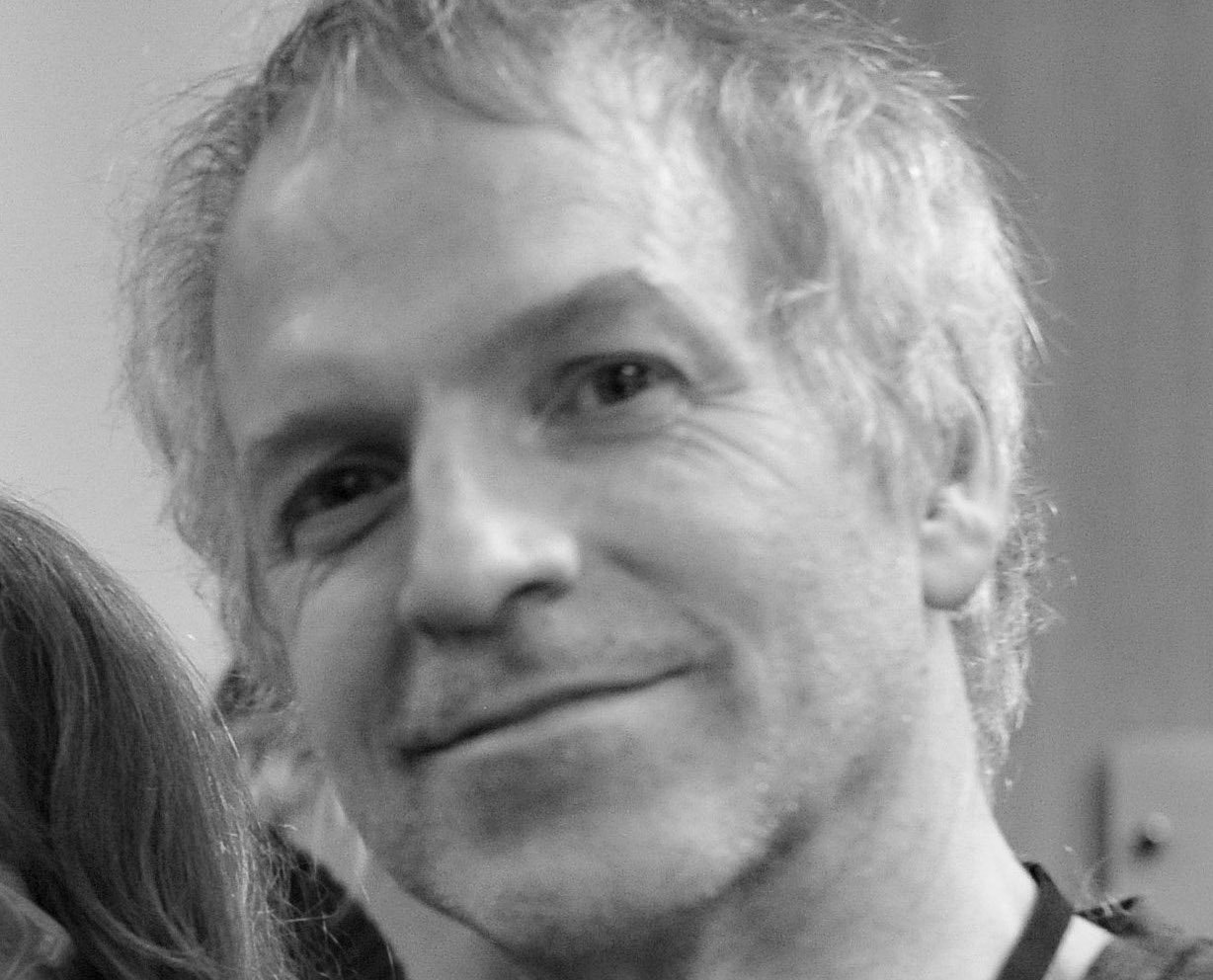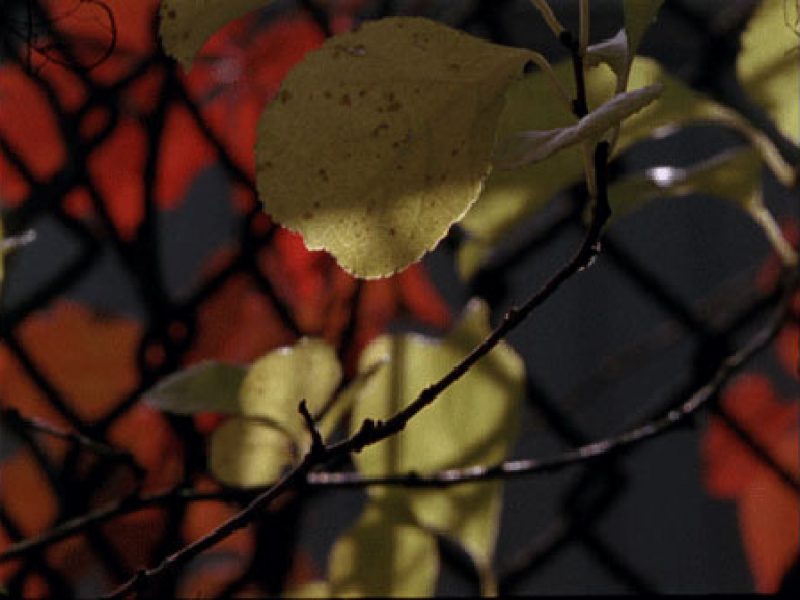Curator and academic Kim Knowles remembers Boston-based filmmaker Robert Todd (1963-2018)
I’ve been racking my brain over the past couple of weeks, trying to work out when I first met Robert Todd. I just can’t remember – it feels like I’ve known him forever. He’s been a constant presence in my ten or so years as a curator, and although we didn’t see each other very much or even know each other that well, I formed a deep connection with him that many people can probably relate to.
That deep and special connection made it necessary to let some time go by before writing about his passing. His death has touched those who knew him in profound ways and it’s hard to imagine that we won’t ever again experience his quirky humour, his vibrant spirit, his playful nature and his incredible artistic talent. But all these things continue in our memories and in the vast collection of works he left behind.
Rob worked in an almost super-human prolific manner. Every year he would send me around twenty films to consider for the Black Box section at the Edinburgh International Film Festival – all of them precise and intimate studies of life, and all of them an exercise in the unique qualities of 16mm film. I’ve followed and supported his works throughout my time at EIFF and they’ve always had a central place in the programme. Like Paul Clipson, whose equally untimely passing shocked us earlier this year, he had an eye for the rhythms and tensions inherent in the world around us, but easily overlooked as we hastily go about our lives. I’ve lost count of the amount of times I’ve been asked to explain experimental cinema – sadly, it’s such an alien concept to most people. A form of poetry in images is my usual response, often with Rob’s films in mind. He was, for me, the most visionary film poet. It’s not always easy to decipher the atmosphere embedded in his works. I feel joy and then sadness; there’s visual beauty but also conflict. I’ve been re-watching his films this week and discovering new ones – Restless stands out as a film full of emotion. Sarah Bliss and Ethan Berry of the AgX collective in Boston tell me that it was made on one of their regular day trips, on this occasion to Winter Island in Salem, Massachusetts. I imagine Rob breaking free on his own, catching the invisible but tangible force of the wind as it whips everything into a frenzied energy then becomes still again. The tension between movement and stasis, and those constantly shifting moods, run through all of his works. There’s something truly unique about his ability to create such powerful images from something so simple.
Rob used the Bolex as an extension of his body, feeling the world and passing on those feelings to the viewer. In Restless we sense his own steps through those long grasses – it’s a highly intimate experience, now so charged with an absent presence. I’ve recently started to use his films to teach my students how to film more freely, more intuitively – to be more sensitive to the movements and vibrations of the world around them. It doesn’t matter if they don’t go on to be filmmakers – hopefully it’s something that will carry them through life.
2011 is a year I remember fondly. I was at a conference at MIT, talking about obsolescence and the celluloid renaissance. All the other papers seemed to be about new technology and I felt marginal and weird. On top of that, I’d managed to book myself into the worst hostel imaginable. I reached out to Rob, who came to my rescue and brought me home, where I stayed for the rest of my time in Boston. We hung out, walked around the neighbourhood, talked about film and art, and laughed constantly. I always laughed so much around him, like when he came to Edinburgh the following month. I showed him the castle. ‘Get outta here! Kim, that’s not real, it can’t be real, it’s too beautiful!’ I was doubled up. He shot images with a Super 8 camera and screened the film – Super 8 UK – at EIFF the following year, along with Habitat , one of my favourites. I remember Chris Fujiwara (then Artistic Director) commenting on my programme: ‘Oh, two films by Rob Todd this year!’ Our little Black Box cohort (Alia Syed, Peter Snowdon, Sarah Pucill and Yoel Meranda) drifted around together, and we somehow came up with a project – ‘Dreams’. It might have been Rob’s idea. Everyone was to give another person in the group a dream, which they would then make into a film. There was an exchange of dreams, but for some reason the project never made it to the screen. Yoel said he still has the paper cup that Rob wrote his dream on.
Reading the reactions to his death on social media, I’m stunned, but not surprised, at the amount of people whose lives he affected, in many cases even changed. I wonder how he had the time to interact with and support so many people, as well as teaching, making films and making music with his wife Tessa. It’s mind-boggling really.
As beautifully expressed by Stefan Grabowski, one of his friends and fellow AgX members: ‘One didn’t need to know Rob long to be deeply touched by his spirit, but that love only grew over time.’ It’s hard to explain this to people who hadn’t met him. To grieve so deeply for someone whose life you barely penetrated probably doesn’t make much sense, but none of this makes sense. I guess one of the many things Rob taught me through his films is that feelings are fluid, nothing is fixed. What is certain is that one person had an immeasurable influence on the experimental film community and he will be sorely missed. I send love and warmth to all those feeling the pain of his absence.
You can watch Rob’s films here: https://vimeo.com/roberttodd.




